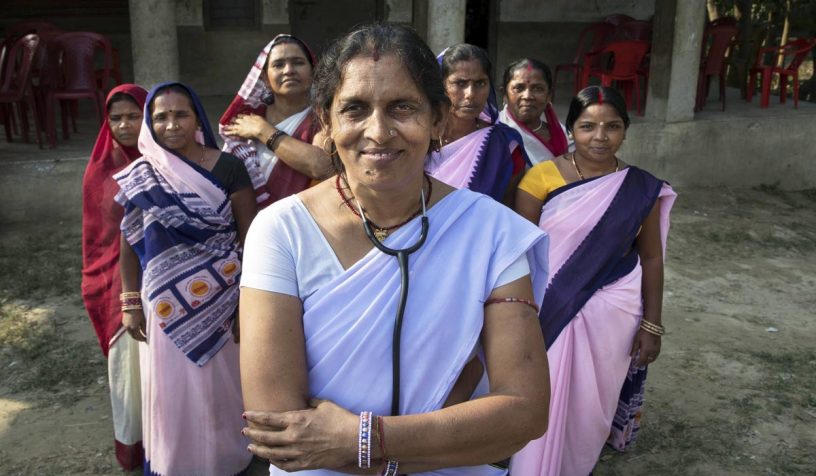
Technology-enabled knowledge management through knowledge-hiding at the macro level is promoting stratification and marginalization within rural communities in India.
Authors
Jatin Pandey, Organizational Behaviour and Human Resource Management Area, Indian Institute of Management Indore, India.
Manish Gupta, School of Management, Mahindra University, India.
Abhishek Behl, Assistant Professor, Jindal Global Business School, O.P. Jindal Global University, Sonipat, Haryana, India.
Vijay Pereira, NEOMA Business School, Reims Campus, France.
Pawan Budhwar, Aston Business School, United Kingdom.
Arup Varma, Quinlan School of Business, Loyola University Chicago, USA.
Yusuf Hassan, Institute of Management Technology (IMT) Business School, Dubai, United Arab Emirates.
Priyam Kukreja, Organizational Behaviour and Human Resource Management Area, Indian Institute of Management Indore, India.
Summary
The objective of this study is to explore different facet (dark and bright sides) of technology-enabled knowledge management (KM) for rural lay healthcare workers who belong to the bottom of pyramid (BoP) population in India.
Data were collected through multiple rounds of engagements and semi-structured interviews with 37 Accredited Social Health Activists (ASHAs). Findings indicate the existence of spirals of value that are shaped by KM practices in such settings.
Technology-enabled KM through knowledge-sharing is supporting an upward spiral of value creation at three different levels, i.e., the micro-level in the form of empowerment of ASHAs, the meso-level in the form of better healthcare for the rural Indian population, and the macro-level in the form of an effective public health policy outcome as envisioned by the government.
Contrary to the technology-enabled KM through knowledge-sharing, technology-enabled KM through knowledge-hiding is eroding value resulting in failed attempts to use technology and reduced self-efficacy of ASHAs at the micro level.
Technology-enabled KM through knowledge-hiding at the macro level is promoting stratification and marginalization within rural communities in India. Study leaves key implications for healthcare researchers, policymakers and businesses.
Published in: Journal of Business Research
To read the full article, please click here


